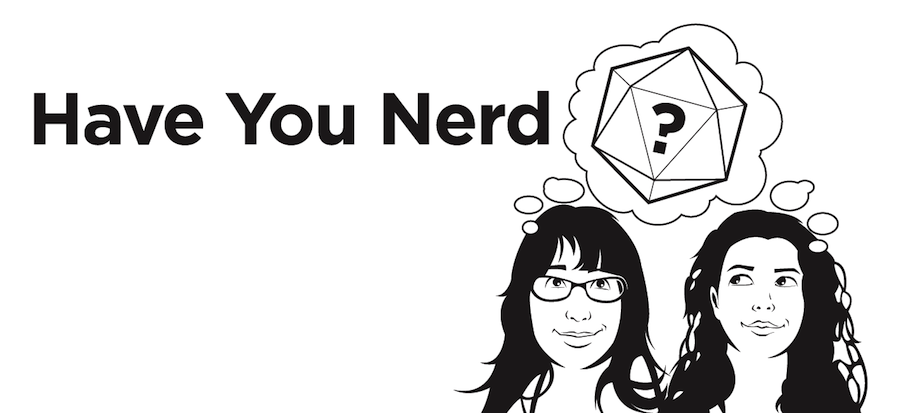 October 07
October 07
Tags
Necessary Evil: The Awkward Dinner Plot Device
Necessary Evil: The Awkward Dinner Plot Device
By: Meg Humphrey
I don’t often find myself bothered by tropes and predictable story lines. When you watch and read a ton of crime or sci-fi story lines you get used to it – there’s going to be time travel to fix mistakes, the killer turns out to be a member of law enforcement, there’s romantic tension between main characters that can’t be acted upon for whatever reason. Tales as old as time. However, there’s one plot device that I absolutely cannot stand. I will fast forward during movies, skip pages in a book, or leave the room all together. That’s the poor/uncivilized/ignorant person having the most awkward and embarrassing dinner with the well-to-do flawless family (or group).

I understand the purpose of the set up. It gives that poor character motivation for action – usually either increased rebellion to make them more unseemly or to improve themselves to show that they are worthy (sometimes both). In the Young Jedi Knights book The Lost Ones, Jacen and Jaina Solo invite their street-urchin-scavenger friend Zekk to one of their mother’s ambassador honoring banquets. Zekk, going so far in attempt to impress his friends as to trade off his most valuable trinkets for proper evening attire, makes continuous mistakes at dinner. He even ends up eating a floral centerpiece (it totally looked like a salad) and was only saved from complete horror by the tact of Chief of State Leia Organa Solo. He leaves the upper levels of Coruscant feeling humiliated, worthless, and mocked by his (very few) friends. This is the state of mind he’s in when he’s kidnapped by dark Jedi who notice his Force potential. Zekk quickly turns and becomes powerful in the dark side in order to prove to his friends he’s as good as they are – despite the difference in upbringing.

The awkward dinner also allows other characters to accept them despite their “flaws.” Let’s face it, this is often a situation you come across that involves two love birds from opposite sides of the tracks. I recently watched The Amazing Spiderman for the first time. I put my hands over my ears and closed my eyes when Peter Parker was attempting to chow down on Branzino and completely alienating Gwen’s father. After dinner Gwen and Peter lip lock for the first time even though Peter was acting like a total jerk. It’s the “I don’t care if you’re poor and uneducated, I love you anyway!” display that makes the rich character seem so charitable and kindly.
Another side of this is that the lower class character stands up for themselves and points out the flaws of the rich (basically all of Titanic). In the classic manga Hana Yori Dango (“Boys Over Flowers” has also had various retellings as live action dramas), Tsukushi (the poor girl whose name means “weed”) falls in with the most popular and richest boys in her extremely high class high school. She is constantly out of place, laughed at, and made a target of bullying by all of the other students. A group of the richest girls in school invite Tsukushi to a dinner party and tell her that it’ll be a casual affair. Tsukushi shows up in a regular skirt and sweater to what in reality is a black tie event, enforcing the fact that Tsukushi doesn’t “belong” at their school and in their world. She ends up throwing a drink someone’s face when they bully her and sticks up for herself. She’ll fight back, scold the snobs, and tell them off for being so privileged and narrow minded. It shows the good side of the poor and the ugly side of the rich (as if, somehow, you can actually be good or bad people regardless of your social class).

I agree that the outcome of the awkward dinner is important– characters need to be driven to action to develop more depth and grow relationships. But the motivations and the stratification that makes characters different still exists without these painful set-ups. I hope that the awkward dinner scenario will become a rare case to see as writers and directors become more creative with their characters and start to push out old and tired scenarios.

I’ve definitely seen the awkward dinner scene done well in books, though the one example I can think of off the top of my head was actually at a banquet and ended with an assassination, so maybe it doesn’t really qualify.
I rather think dinner scenes fall into the same category as the dreaded MIRROR STARE scene, when we’re introduced to the character’s physical appearance via a mirror, pond, still water whatever. Ugh,. UGH.